This article delves into the most popular sports in Japan, offering a comprehensive overview of traditional favorites and emerging trends. Whether you’re a sports enthusiast, a traveler looking to immerse yourself in Japanese culture, or a researcher, this guide will provide you with valuable insights into the sports that captivate Japan.
The Historical Roots of Popular Sports in Japan
Japan’s sports culture is deeply influenced by its history and traditions. Some of the country’s most popular sports, like sumo wrestling and baseball, have been integral parts of Japanese society for centuries. This section explores how these sports have shaped Japan’s national identity and continue to captivate audiences today.
Sumo Wrestling
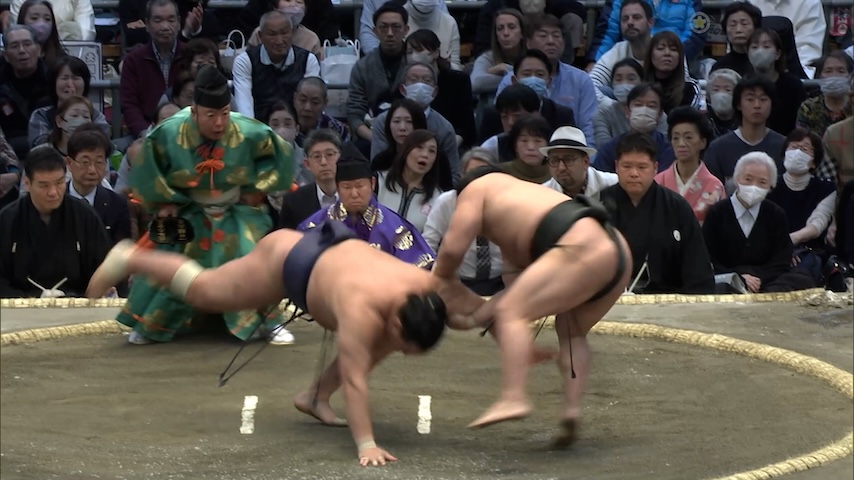
Sumo wrestling is not just a sport in Japan; it is a deep-rooted tradition that dates back over 1,500 years. Originally a Shinto ritual, sumo has evolved into Japan’s national sport, embodying the cultural values of discipline, respect, and honor. The rituals performed before and after matches, including the symbolic purification of the ring with salt, are steeped in ancient customs. Sumo has maintained its popularity despite the rise of other sports, thanks to its unique blend of athleticism and cultural heritage. Modern-day sumo tournaments continue to draw large crowds, and sumo wrestlers, or rikishi, are revered figures in Japanese society.
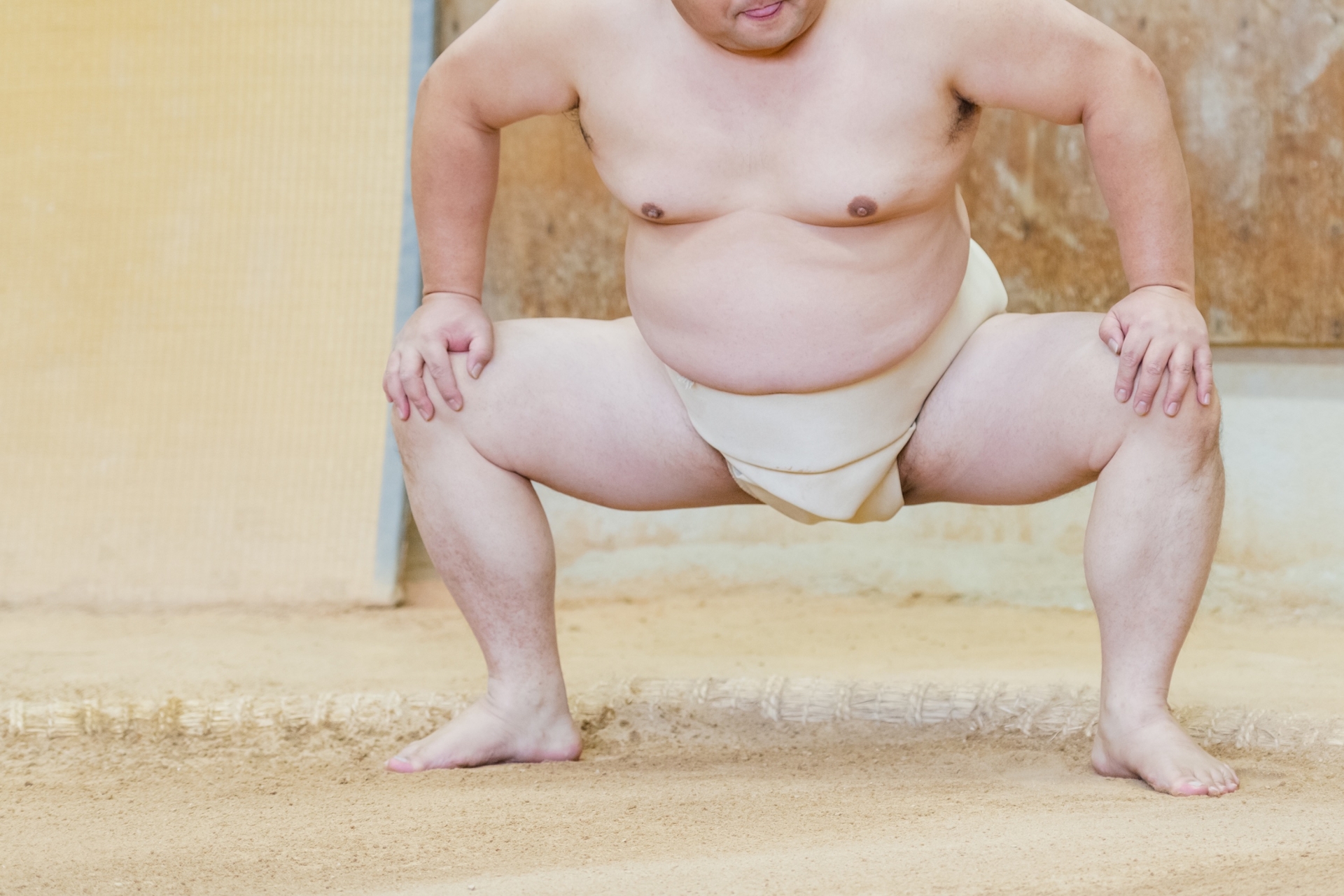
Baseball

Introduced to Japan in the late 19th century by an American teacher, baseball quickly took hold and became the nation’s most popular sport. The success of Japanese players in Major League Baseball (MLB) has further fueled its popularity. Recently, the extraordinary performances of Shohei Otani have captured the attention of not only Japanese fans but also the global baseball community. Otani, often compared to legends like Babe Ruth, has redefined what is possible in the sport with his dual-threat ability as both a pitcher and a hitter. His success in MLB has reignited national pride and further solidified baseball’s position as Japan’s most beloved sport. Baseball in Japan is more than just a game; it is a cultural phenomenon that unites communities and embodies a sense of collective effort and perseverance, which are highly valued in Japanese society. High school baseball tournaments, particularly the summer Koshien, are major national events, watched by millions and often regarded as a rite of passage for young athletes.
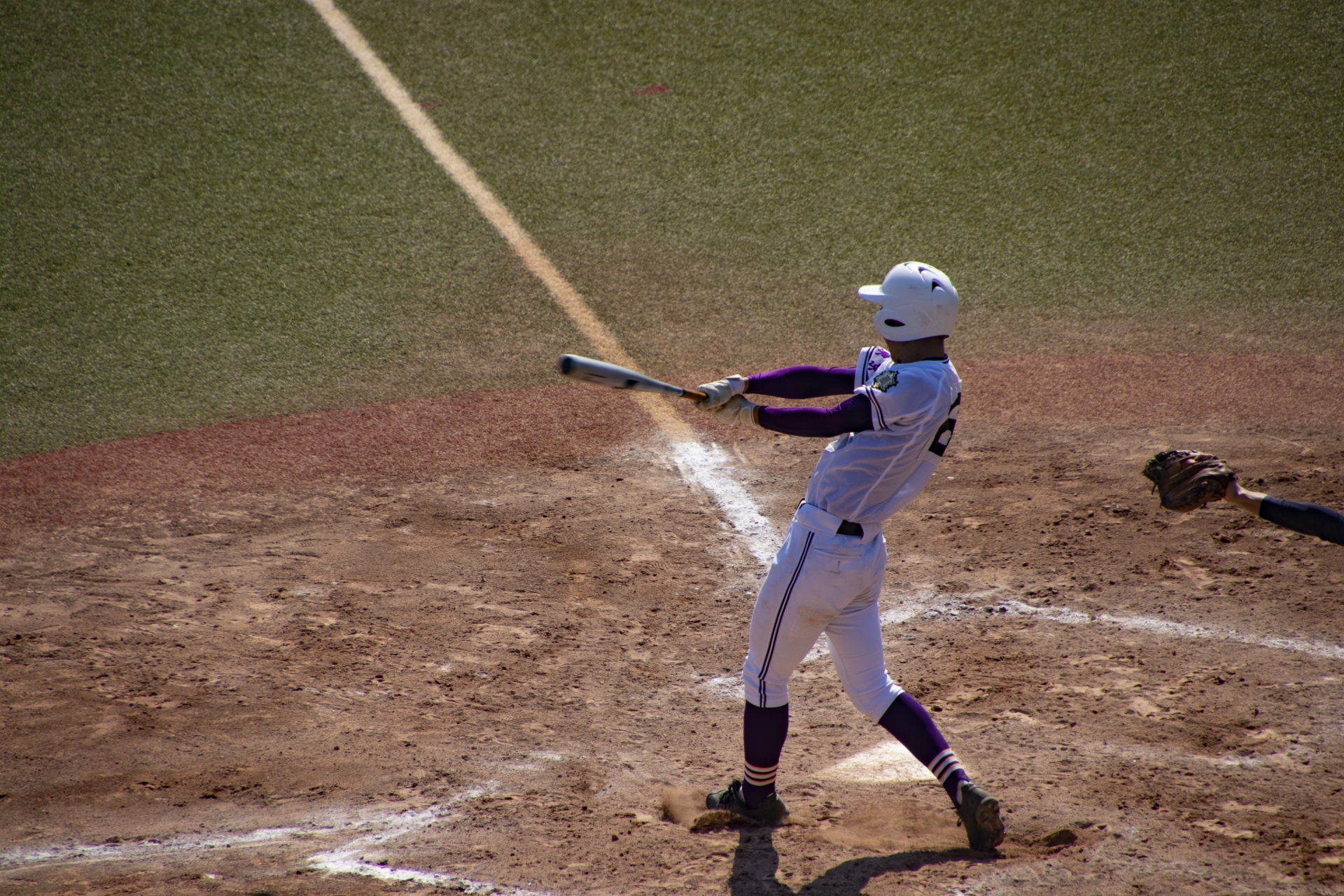
The Rise of Modern Sports: From Soccer to Basketball
As Japan has opened up to global influences, modern sports like soccer and basketball have seen a significant rise in popularity. These sports have been embraced by younger generations, who are drawn to their fast-paced and dynamic nature. This section delves into the factors contributing to the growing appeal of these modern sports in Japan.
Soccer

Soccer, or football as it is known globally, has seen a significant rise in popularity in Japan, particularly since the establishment of the J-League in 1993. The league has brought professional soccer to the forefront of Japanese sports culture, with passionate fan bases and strong youth development programs. Japan’s national team, known as the Samurai Blue, has also achieved success on the international stage, further boosting the sport’s popularity. The sport appeals to Japan’s younger generation, who admire the fast-paced, strategic gameplay and the international nature of the sport.
Basketball
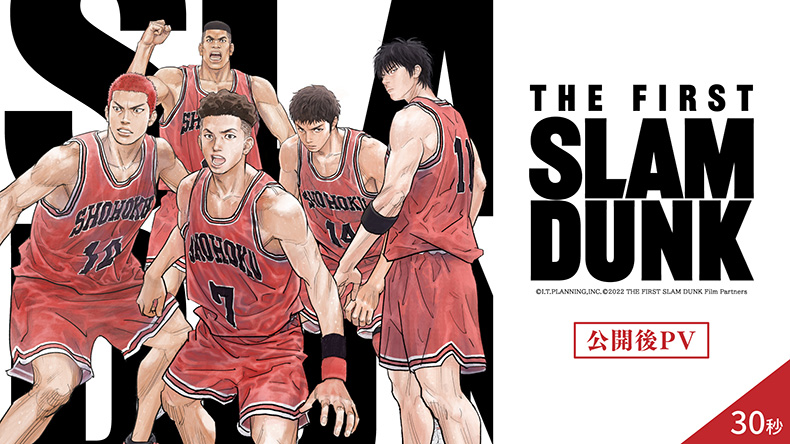
Basketball has experienced a surge in popularity, especially among Japan’s youth. One of the key cultural influences driving this trend is the anime Slam Dunk, which aired in the 1990s. The series captivated a generation and significantly boosted interest in basketball across the country. The influence of Slam Dunk was so profound that it not only inspired many young Japanese to pick up the sport but also helped build a lasting basketball culture in Japan. Coupled with the impact of the NBA and the success of Japanese players like Rui Hachimura in the United States, basketball has become a mainstream sport in Japan. High school and college basketball leagues are thriving, and the sport’s inclusion in the Tokyo 2020 Olympics as a 3×3 event introduced it to a broader audience. The growing interest in basketball reflects Japan’s increasing openness to global sports influences and a shift towards more dynamic, globally popular sports.
Emerging Sports Trends in Japan for 2024
Japan’s sports landscape is not just about tradition; it is also about innovation and change. New and emerging sports, such as esports and various outdoor activities, are gaining traction, reflecting the evolving interests and lifestyles of the Japanese population. This section highlights the trends that are set to shape Japan’s sports culture in 2024.
Esports
As digital entertainment continues to grow, esports has emerged as a significant new trend in Japan. Competitive gaming has attracted a large following, with professional leagues, tournaments, and a dedicated fan base. Japan’s historical affinity for gaming, dating back to the golden age of arcade games, has naturally transitioned into a robust esports culture. With the government and corporations increasingly investing in this sector, esports is set to become a major part of Japan’s sports landscape in 2024.
Outdoor Activities

Alongside digital sports, there is a growing trend toward outdoor activities, particularly among urban dwellers seeking a break from city life. Trail running, hiking, and cycling have gained popularity, reflecting a broader global movement towards health and wellness. These activities are not only seen as sports but also as lifestyle choices that align with Japan’s growing interest in sustainability and nature conservation. The rise of these sports is a testament to the changing lifestyles in Japan, where balancing technology with nature is becoming increasingly important.
Traditional vs. Modern: A Comparison of Urban and Rural Sports Preferences
Japan’s diverse geography and social fabric create distinct differences in sports preferences between urban and rural areas. While cities gravitate towards modern, globally popular sports, rural regions hold onto traditional sports that are intertwined with local customs. This section compares these contrasting preferences and what they reveal about Japanese society.
Urban Preferences
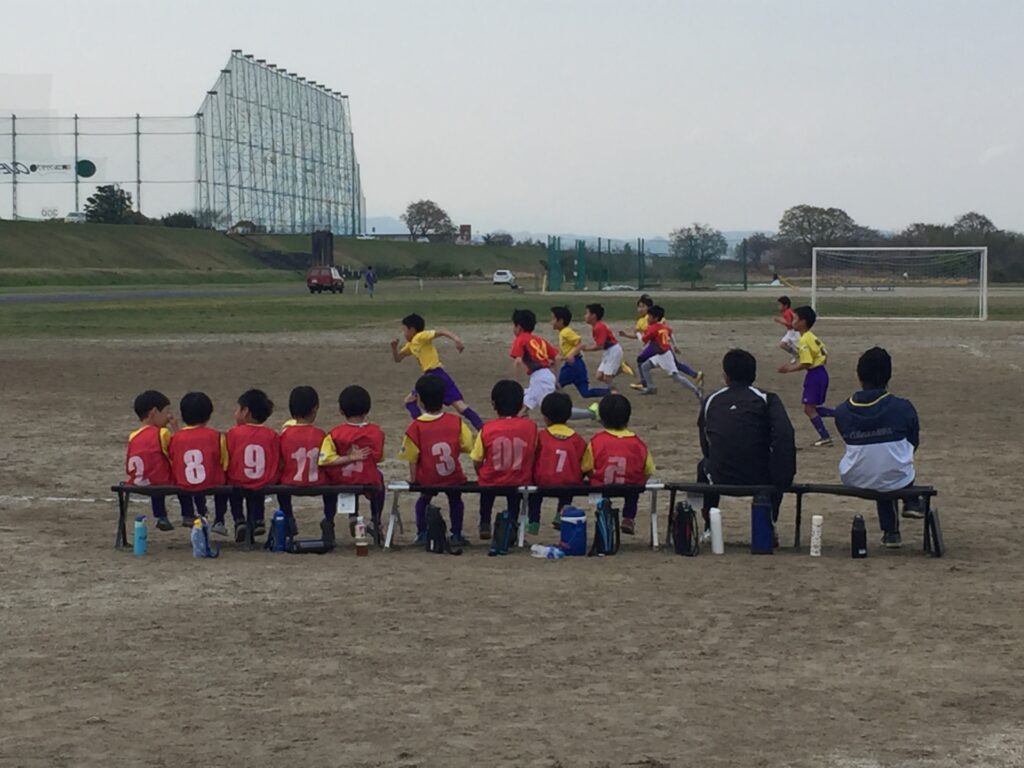
In urban areas like Tokyo and Osaka, modern sports such as soccer, basketball, and even niche sports like futsal have become increasingly popular. The availability of facilities, the influence of international media, and the fast-paced lifestyle of urban residents contribute to the preference for these dynamic and globally recognized sports. Urban areas also see higher participation in emerging sports like esports, reflecting the technological integration in daily life.
Rural Preferences
In contrast, rural areas of Japan tend to favor traditional sports like sumo, kendo, and baseball. These sports are deeply embedded in local communities, often tied to historical festivals and schools’ cultural practices. The slower pace of life in rural regions allows for the preservation of these traditions, with local tournaments and events playing a significant role in maintaining these sports’ popularity. Additionally, outdoor activities such as fishing and hiking are more prevalent, reflecting the close connection to nature that many rural inhabitants maintain.
The Impact of International Events on Japanese Sports Culture
International events like the Olympics and the World Cup have a profound influence on Japan’s sports culture. These global competitions not only boost the popularity of various sports but also leave a lasting legacy on how sports are perceived and practiced in the country. This section examines the impact of these events on Japan’s sports landscape.
Olympics and World Cup
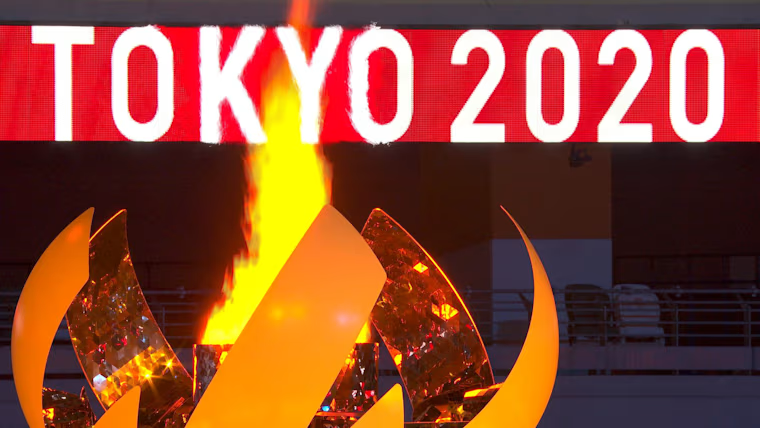
Japan’s hosting of the 2020 Summer Olympics and its participation in the FIFA World Cup have had a lasting impact on its sports culture. The Olympics brought international attention to lesser-known sports in Japan, boosting interest in disciplines like rugby and skateboarding, both of which gained new fans and participants. The success of Japanese athletes on the world stage during these events also inspired a surge in participation across various sports, from athletics to gymnastics.
Global Competitions
The impact of international competitions extends beyond just viewership. These events have sparked a dialogue within Japan about the importance of sports in society, leading to increased investment in sports infrastructure and youth programs. The global visibility of Japanese athletes has also encouraged a more diverse sports culture, where both traditional and modern sports coexist and thrive. The influence of these events is evident in the growing interest in sports that were once considered niche, such as rugby, which gained momentum after Japan hosted the 2019 Rugby World Cup.











